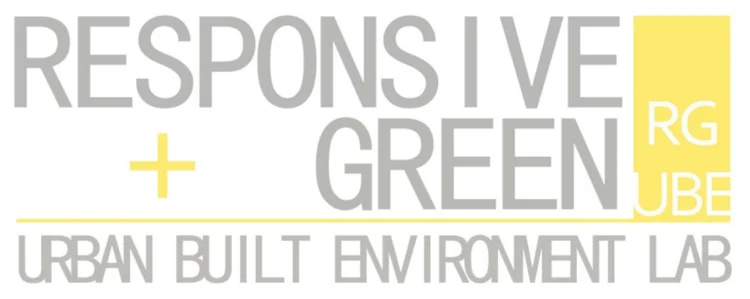Here are our thoughts on why and how the New Zealand #BuildingIndustry must #Accelerate its transition to a #ZeroCarbon future, underscoring the significance of BRANZ's Transition to a Zero-Carbon Built Environment Programme!
Accelerating #NewZealand's Transition to a #ZeroCarbon hashtag#BuiltEnvironment 🌏🏢
🔍 1. Unified Approach to #BuildingPerformanceEvaluation
Current tools for evaluating building performance and carbon emissions are inconsistent and complex, leading to limited uptake. A single, well-designed, low-cost tool tailored to New Zealand’s needs would resolve many issues, enabling more accurate assessments of thermal efficiency, moisture risk, and energy use.
🔨 2. Leveraging #SupplementaryCementitiousMaterials (SCMs)
Research indicates that replacing 30% of Portland cement with SCMs could reduce embodied carbon by up to 20%. SCMs like fly ash and natural pozzolans offer long-term benefits in durability and carbon reduction, substantially lowering the carbon footprint of New Zealand’s built environment.
🌲 3. Promoting #EngineeredWoodProducts (EWPs)
EWPs are a #Sustainable alternative to carbon-intensive materials however, barriers such as cost and availability hinder their adoption. Addressing these barriers through education, case studies, and comprehensive data is essential.
🏠 4. Implementing #CarbonBudgeting for New Houses
BRANZ's carbon budget project reveals that current new-build detached houses exceed the carbon budget needed to meet the #2050Goal. This highlights the importance of considering the entire #lifecycle of buildings.
🚀 5. Adopting #Ambitious #CarbonReductionStrategies
Business-as-usual approaches are insufficient for significant carbon reductions. The "#Emergency" and "#EmergencyPlus" scenarios suggest higher performance standards, phasing out gas, and increasing the use of heat pumps to drastically lower emissions. Improving energy efficiency in existing dwellings is crucial. Decarbonizing electricity generation and using lower-carbon building materials are vital steps.
#CalltoAction
BRANZ research underscores the need for a holistic and integrated approach to achieve the 2050 zero-carbon goal. This involves leveraging innovative materials, unifying evaluation tools, and implementing stringent regulatory measures. Voluntary actions alone are insufficient; a robust regulatory framework and industry-wide commitment are essential. Through efficient collaboration, #Industry professionals, #Policymakers, and #Stakeholders can transform New Zealand's built environment into a sustainable, zero-carbon model.
🌱 #ZeroCarbon #SustainableFuture #GreenBuilding #NewZealand #ClimateAction #BRANZ #Innovation #Sustainability #Construction #GreenEnergy #GhaffarianHoseini

